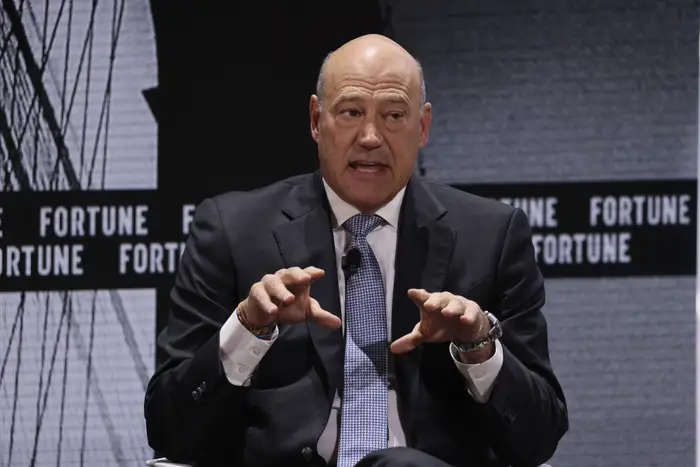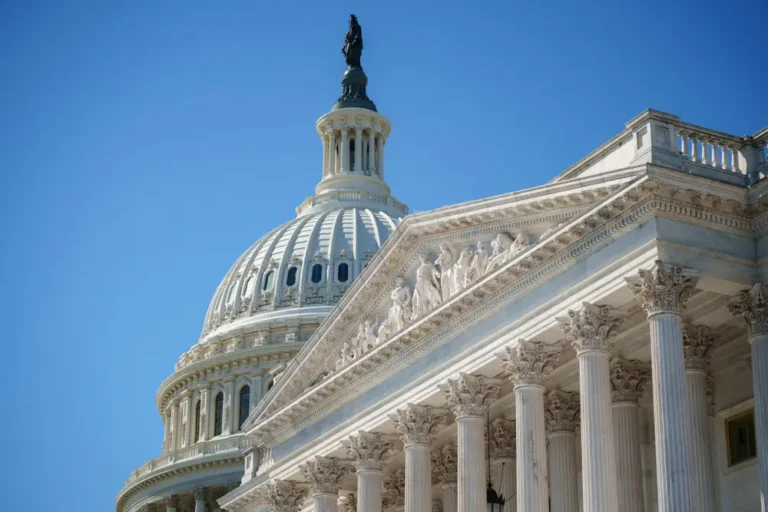A big rate cut this month would create a ‘self-fulfilling prophecy’ of recession fears, economist says

An outsized rate cut from the Federal Reserve could spark deeper recession fears and cause increased volatility despite a relatively strong economy, economist George Lagarias says.
“The 50 [basis point] cut might send a wrong message to markets and the economy. It might send a message of urgency and, you know, that could be a self-fulfilling prophecy,” Lagarias told CNBC in a Thursday interview.
Lagarias, chief economist at Forvis Mazars, said a large cut would only be necessary if a specific event further troubled markets.
“It would be very dangerous if they went there without a specific reason. Unless you have an event, something that troubles markets, there is no reason for panic,” Lagarias said.
The majority of investors still expect a 25 basis point cut, but some are seeing the odds of a 50 basis point cut as increasingly likely amid recent data points that suggest the economy is cooling.
Investors see a 41% chance of a 50 basis point cut at the Fed’s meeting on September 18, up from 34% odds last week, according to the CME FedWatch tool.
The increase follows weaker labor market data released this week. Private payroll data on Thursday showed companies hired less than expected in August and job openings hit a three-year low in July.
Lagarias said that data isn’t cause for concern, though, and shouldn’t trigger greater rate cuts.
“Yes, job openings are weaker, and manufacturing is weaker, but we were expecting this slowdown [and] everybody was expecting this slowdown. There is just no evidence for a recession and, to that point, I don’t think the Fed is going to move very aggressively,” he said.
This week’s disappointing data puts the Labor Department’s August jobs report into the limelight as the Fed focuses on the labor market ahead of rate cuts.
At the Fed’s Jackson Hole conference last month, Fed Chair Jerome Powell made a clear indication that the central bank plans to cut rates at its meeting later this month, noting that the risks to the labor market are now higher than the risk of inflation spiraling higher.
Lagarias expects August’s jobs report to come in weak, but says that isn’t cause for panic.
“I do expect the reading to continue to be somewhat weak, but nowhere near the point where we’re going towards a recession,” he said.






